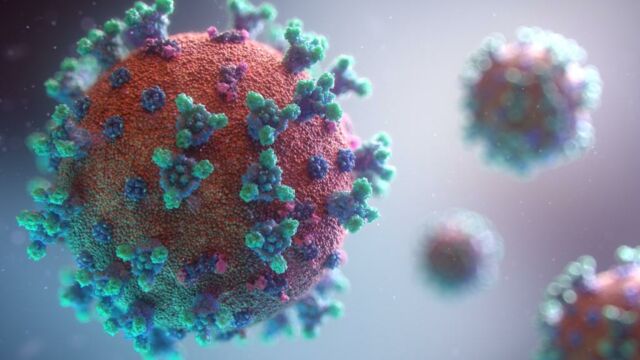The three strains of the Indian variant are still classified as ‘variants under investigation’ by Public Health England (PHE). However, a recently leaked email discovered by The Guardian has revealed that the status of the B16172 strain will soon be moved to ‘variant of concern.’
Discover our latest podcast
Indian variant clusters
Clusters of the Indian variant have been popping up all over the UK, in care homes, schools, and religious gatherings. BBC reported that in one cluster at a care home, 14 vaccinated residents were infected with the variant. However, all of the patients have since recovered. According to the leaked PHE documents, there are over 48 such clusters that have been identified so far in the UK, but the authorities have yet to comment on the data. Due to local elections, PHE postponed their weekly release of COVID data—which discloses daily cases, deaths, and the status of variants—from Thursday to Friday. However, experts have been urging them to make the move as soon as possible.
Professor Christina Pagel, director of the clinical operational research unit at the University College of London, told The Guardian:
Public Health England are clearly very concerned about the rapid spread of this variant–as they should be.
But telling the public about a public health emergency should not need to wait for a specific release day or local elections–this should have been communicated earlier, not least to protect communities where the clusters are.
As of now there are over 500 cases of the Indian variant in the UK, with an additional seven recently confirmed in Ireland.
Vaccine efficacy against the variant
Since the vaccine has been working well with other variants, scientists believe that it will probably continue to be effective against new variants as well. But further studies still need to be done to reach a solid conclusion. Jeff Barrett, Director of Wellcome Sanger Institute COVID-19 Genomics Initiative, spoke to Reuters and said:
That paints a relatively positive picture that the vaccines are going to continue to have efficacy.
So obviously for new variants like this one, we need to do additional experiments and really get the solid proof one way or the other about that.















